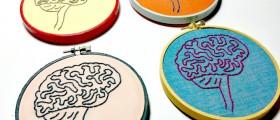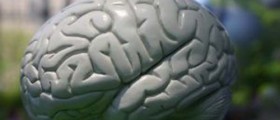
Brain injury may be the cause of serious damage to the brain and lead to life-time complications and loss of certain brain functions. It generally occurs suddenly and without warning. Brain injury, for instance, may affect individuals who have had a car accident, those who have fallen directly to the head and people who have experienced a direct blow to the head.
The cost of such injury is astronomical and it carries significant financial, social and emotional consequences. After severe brain injury one may have a normal life expectancy but only with permanent special care. According to statistics brain injury is more frequent among men.
Rehabilitation after brain injuries comprises restoration of functions that can be restored and adopting new pattern of functioning in case some functions simply cannot be reestablished. Brain Injury Rehabilitation
Brain injury rehabilitation depends on several factors and can begin only when remnant brain functions are adequately estimated.
In order to design a suitable program, doctors must evaluate a broad range of neuro-functional strengths and weaknesses. Initially, patients strengthen basic skills and then start practicing more complex skills.
The very rehabilitation follows patterns of brain development and is designed for each patient individually according to the damage he/ she has experienced.
Problems Associated with Traumatic Brain Injury
These problems are individual and never the same. The level of cognitive damage is different. Damage is the most severe immediately after the injury.
Focal damage may cause long-term neurological deficits. The very improvement may only occur if other areas of the brain take over the lost function. This is best achieved in children whose brain is more flexible comparing to the brain of adults.
Conscious patients may have a whole range of neurological deficits. They may not be able to concentrate, have difficulty learning or understanding, are forgetful, have language/speech problems or there are different behavioral changes. Rehabilitation cannot start if patients are still in coma.
Rehabilitation
Rehabilitation process for cognitive and communication problems must start in the hospital. Patients work with a well experienced therapist who provides oral-motor and other exercises depending on neurological deficit.
Long term rehabilitation is either performed individually or it can be in a form of group therapy. Apart from physical therapists rehabilitation includes different specialists such as speech-language pathologists, occupational therapists and neuropsychologists.
The goal of rehabilitation is to help patients become independent and to be able to function on their own without anyone else's assistance. It is also essential to help patients restore verbal abilities and improve communication with other people. And finally, if some functions cannot be restored, therapist try to compensate for the loss with improving other functions that may be of great help in achieving independence.

















Your thoughts on this
Loading...